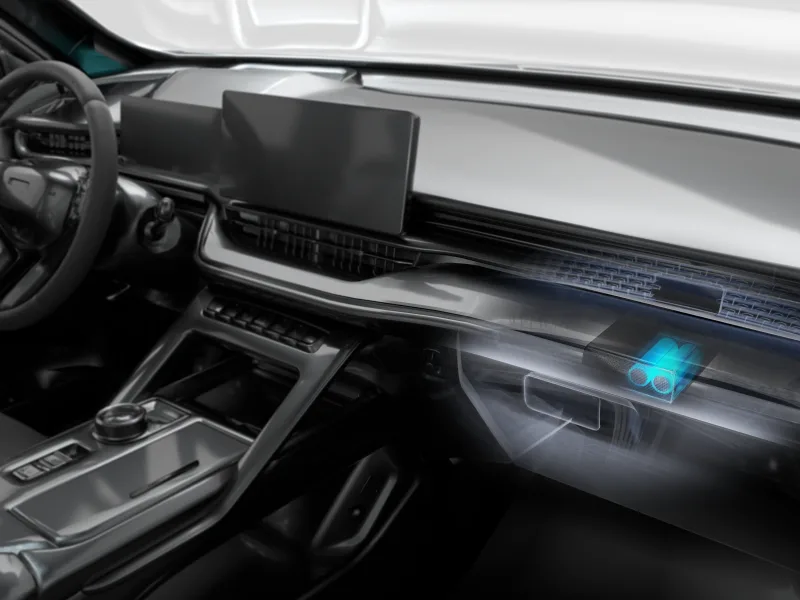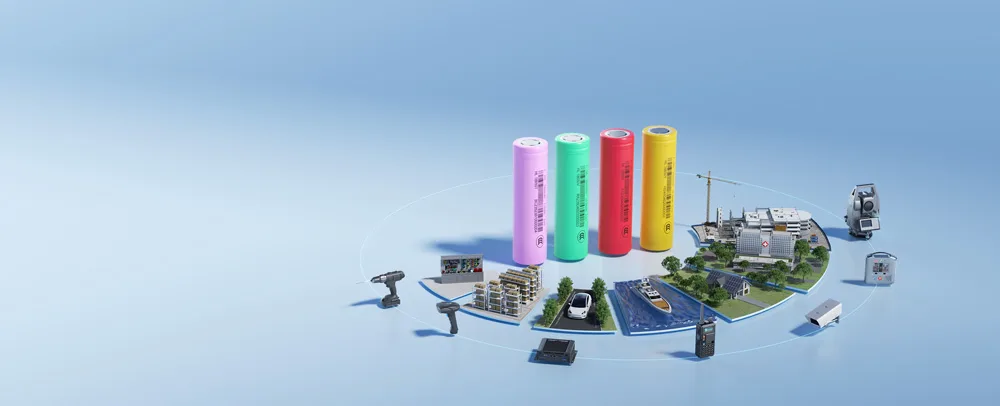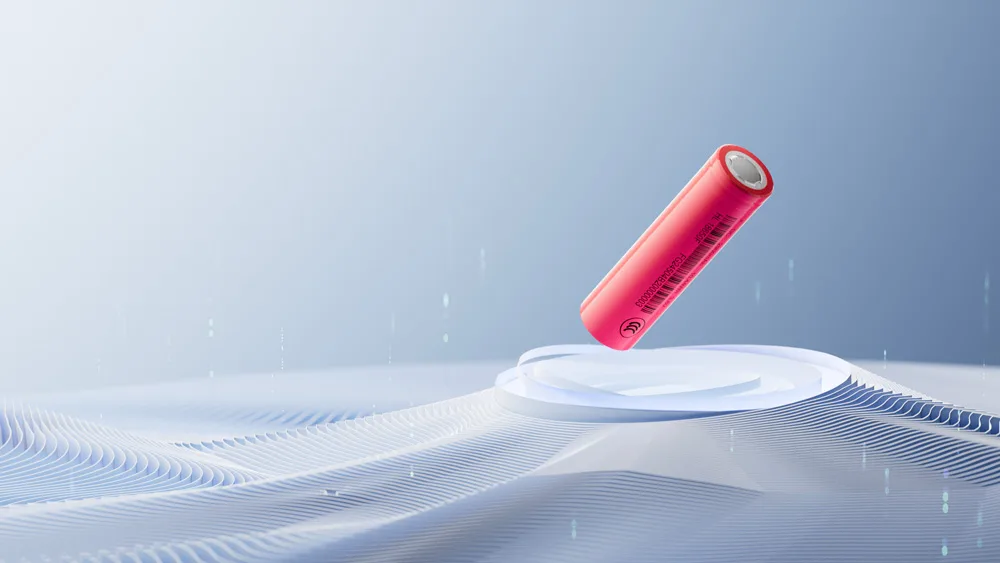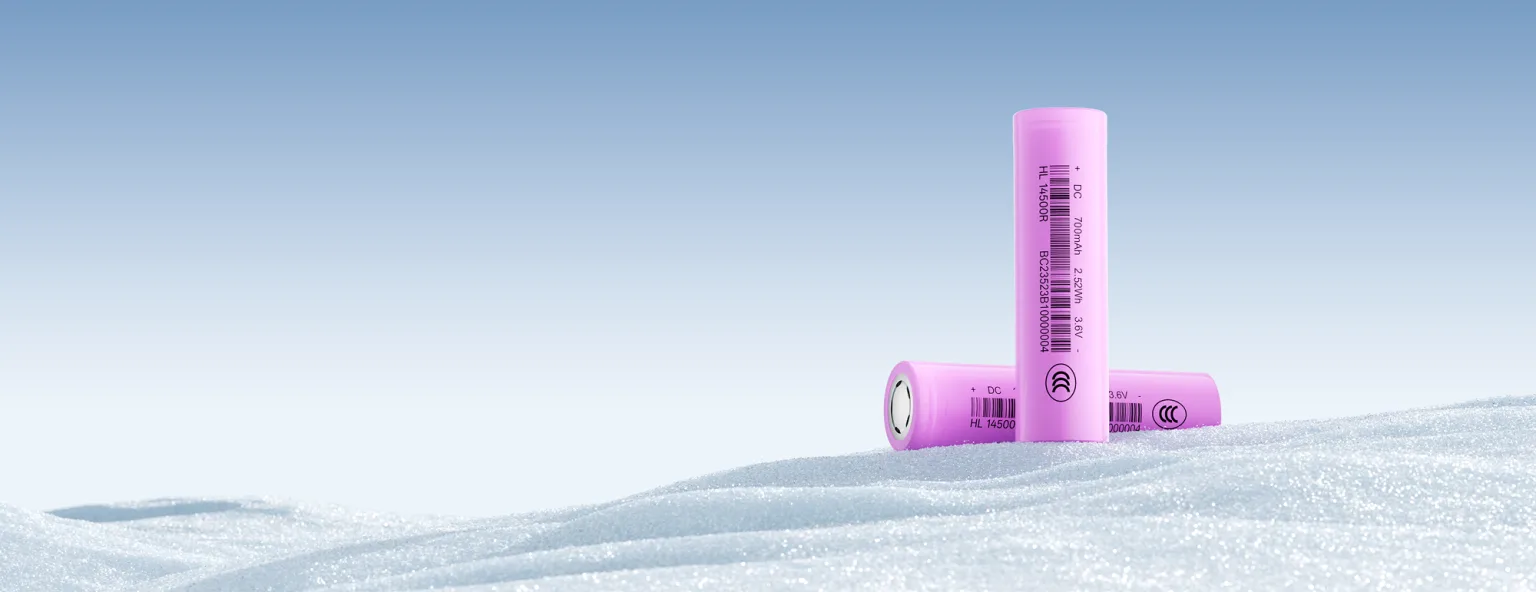As automotive technology continues to evolve, the demand for advanced connectivity and smarter vehicle control systems is accelerating. One key innovation is the Telematics Box (T-Box)—a critical component that facilitates vehicle-to-everything (V2X) communication, GPS navigation, remote diagnostics, and over-the-air software updates. Ensuring the reliability of T-Box systems, particularly under harsh environmental conditions, has become a priority for automakers and Tier 1 suppliers.
To address this challenge, wide-temperature Lithium-ion Battery are increasingly being adopted as a core power solution for T-Box systems. These specialized batteries offer superior performance, stability, and safety across extreme temperature ranges, significantly enhancing the operational reliability of connected vehicles. This article explores how wide-temperature Lithium-ion Battery empower T-Box systems and why they are an indispensable element in the future of smart mobility.
What Is a T-Box and Why It Needs Reliable Power
The T-Box is an onboard telematics control unit that connects a vehicle to external networks. It typically manages:
Remote vehicle diagnostics
Emergency calls (eCall)
Location-based services
Firmware over-the-air (FOTA) updates
Vehicle tracking and anti-theft features
Many of these functions are mission-critical, requiring uninterrupted power supply even when the engine is off or the vehicle is parked in extreme environmental conditions. Traditional battery solutions often fail to operate reliably in extreme cold or heat, resulting in reduced system availability, delayed response times, or even data loss.

The Need for Wide-Temperature Performance
Automobiles are often exposed to a wide range of ambient temperatures—from sub-zero winters in northern climates to scorching summers in desert regions. Internally, vehicle electronics can experience even more dramatic fluctuations due to engine heat or prolonged sun exposure.
This is where wide-temperature Lithium-ion Battery outperform conventional lithium-ion or lead-acid batteries. Typical consumer lithium-ion batteries operate safely only between 0°C to 45°C (32°F to 113°F). In contrast, wide-temperature Lithium-ion Battery can reliably function in temperatures ranging from -40°C to +85°C (-40°F to 185°F), ensuring performance and safety even in extreme environments.
Key Benefits of Wide-Temperature Lithium-ion Battery in T-Box Systems
Enhanced Durability and Cycle Life
Wide-temperature Lithium-ion Battery use specially formulated electrolytes and robust cell designs that reduce degradation over time. This ensures longer cycle life, even in temperature-stressed conditions, extending the lifespan of T-Box systems and reducing maintenance costs.
Stable Voltage and Current Output
A T-Box relies on consistent power delivery to maintain real-time communication and location services. Wide-temperature batteries are engineered to deliver stable voltage even under fluctuating thermal conditions, which prevents system crashes or communication errors.
Compact and Lightweight
Compared to traditional backup power sources, wide-temperature Lithium-ion Battery offer higher energy density in a compact footprint. This helps reduce the size and weight of the T-Box system, aligning with the automotive industry’s drive toward lighter and more energy-efficient designs.
Increased Safety
Safety is paramount in automotive systems. Wide-temperature batteries often include integrated protection mechanisms, such as thermal cutoffs, overcharge protection, and short-circuit prevention. These safeguards reduce the risk of thermal runaway or fire in case of electrical faults or extreme temperatures.
Application Scenarios in Real-World Automotive Use
Electric Vehicles (EVs): In EVs, the T-Box must communicate with the charging infrastructure and cloud servers even when the main battery is off. A wide-temperature Lithium-ion Battery ensures this functionality in outdoor parking lots or cold climates.
Fleet Management Systems: T-Box systems used in logistics and fleet vehicles must remain operational 24/7 to support GPS tracking and route optimization. Wide-temperature batteries ensure that data is not lost due to temperature-related failures.
Emergency Services: In critical applications such as ambulances or police vehicles, the T-Box must remain responsive in all weather conditions. Wide-temperature batteries enhance the reliability of these mission-critical communications.
Choosing the Right Wide-Temperature Lithium-ion Battery
When selecting a battery for automotive T-Box applications, engineers and OEMs should consider:
Operating temperature range
Cycle life and calendar life
Energy density vs. form factor
Certifications (e.g., UN38.3, IEC62133, ISO/TS 16949)
Compatibility with automotive-grade components
It’s also important to partner with a supplier that can offer custom battery packs, built-in battery management systems (BMS), and technical support tailored to automotive environments.
UltraXel Battery – Powering the Future of Automotive Connectivity
As vehicles become more connected, autonomous, and intelligent, the reliability of every electronic subsystem matters. T-Box systems, being the nerve center of vehicular communication, demand a dependable power source that performs in all environmental conditions.
UltraXel’s wide-temperature Lithium-ion Battery solutions are specifically engineered for automotive and industrial applications. With exceptional performance from -40°C to +85°C, high-rate discharge capabilities, and proven safety features, UltraXel batteries empower automotive OEMs to build smarter, more reliable T-Box systems for the next generation of connected vehicles.
Explore UltraXel’s range of wide-temperature batteries today and drive your innovation with confidence.




